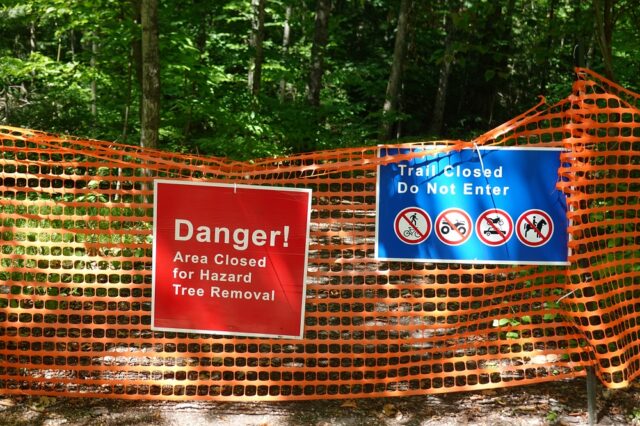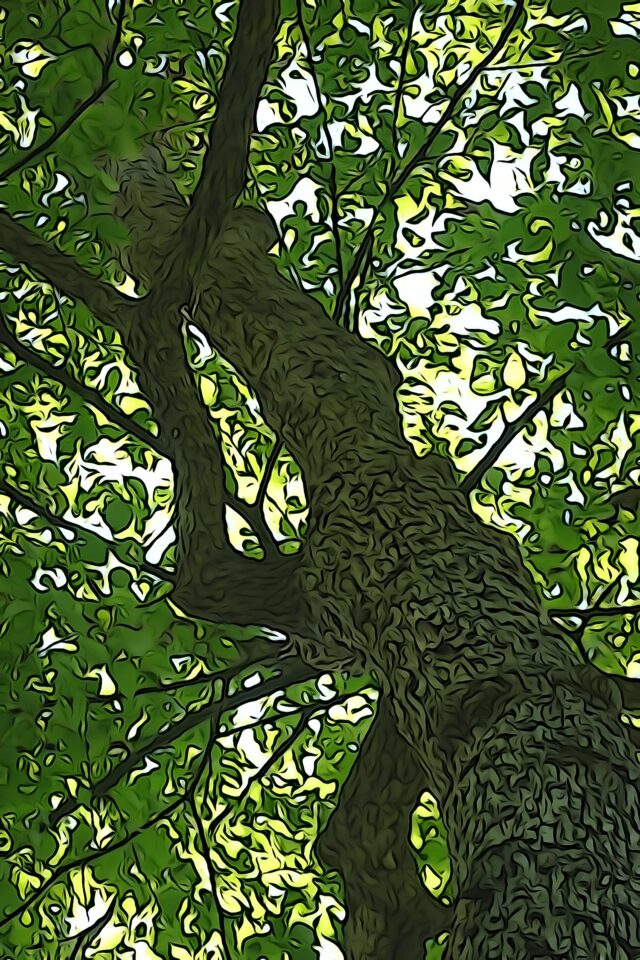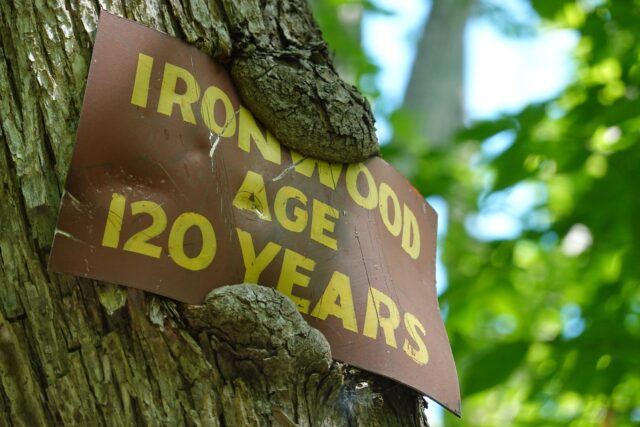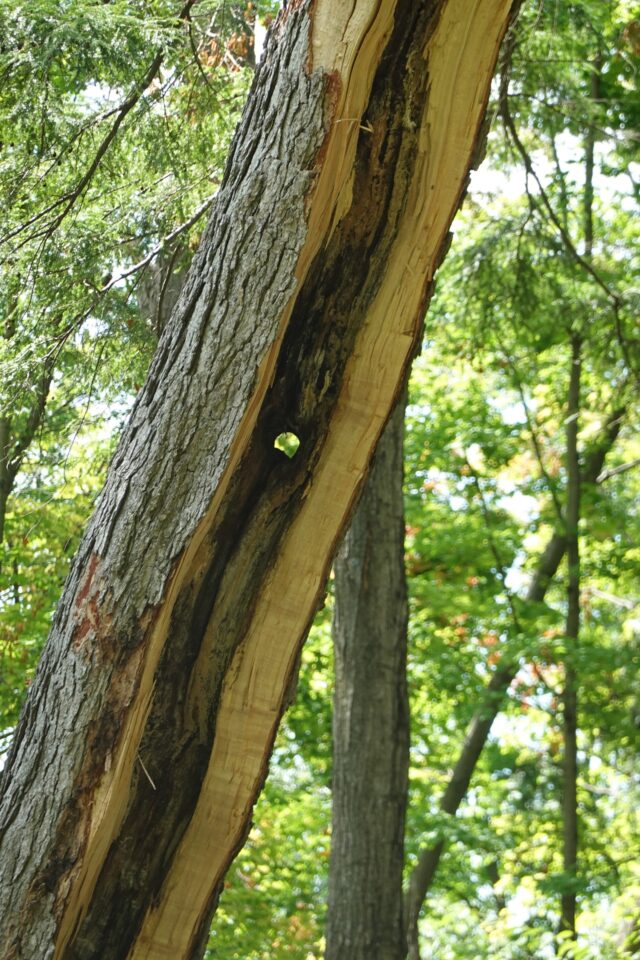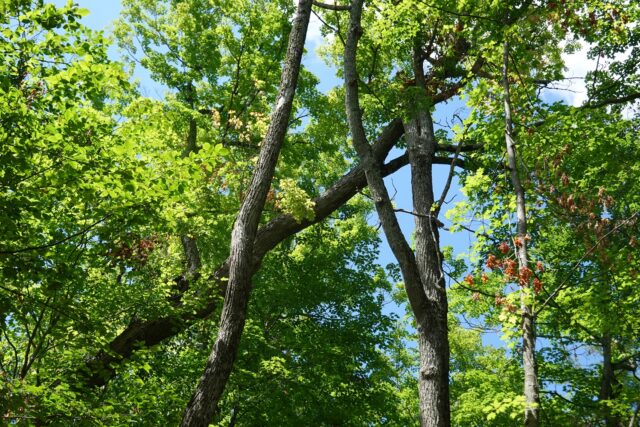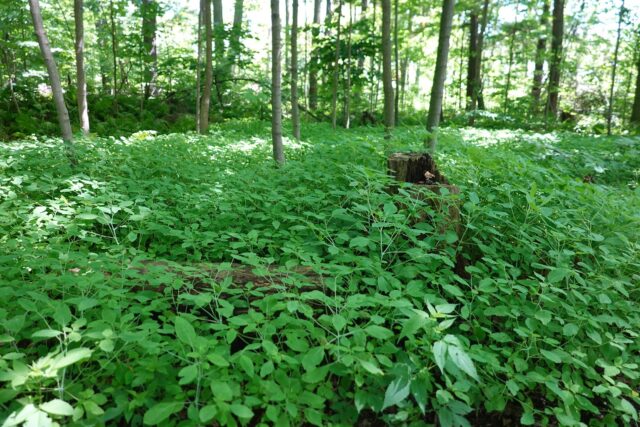21
“21 Lessons for the 21st Century” by Yuval Noah Harari, published in 2018, offers an interesting take on the current world even though it was written pre-pandemic. It’s supposed to be about the future but I don’t take it that way since we are living in the future according to when the book was written.
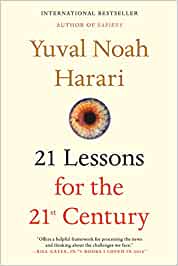
I don’t want anyone to think this is a self-help book, or one of those Jordan Peterson type guides to understanding the world. I don’t read such things. It’s a very thoughtful book written by a left-leaning history professor/public intellectual (a catchall term if ever there were one) with a deep interest in the effect of living in such a changing, global world. As for its purpose, I still can’t discern that even after finishing it. Not necessarily a bad thing.
Sometimes when you live in a fishbowl (the world) you have a hard time seeing the water. This means you don’t realize what’s around you on a daily basis. I feel that Harari’s role is to make the fishbowl visible. He describes the world as incredibly complex and constantly changing. He is critical, sarcastic, blunt. Sometimes he goes on weird tangents, as in the last bit of the book where he goes on about meditation. It was above my head, for sure. But there were a lot of chapters I thoroughly enjoyed, such as his critiques of religion (a human invention) and nationalism (another story humans tell themselves to simplify the world through focus on their country’s excellence.)
I particularly enjoyed the chapter on secularism. As an atheist (a term he did not use), I was curious to see what he’d say about secularism. Not that I don’t know the definition of the word – it’s actually one of the driving concepts in my unphilosophical life. Rather, I wanted to know what his critique would be. Harari (who I’d assume is a secularist) identifies the main preoccupations of secularism as ‘commitment to the truth’, lack of obsession with “any group, person, or book as if it and it alone has sole custody of the truth”, ‘compassion’, ‘equality’. ‘freedom’, ability to doubt and admit ignorance, and finally ‘responsibility’ – that humans care about what is wrong and want to make it better, actively, without invoking some kind of deity. Ironically, his criticism of these ideals is that they’re too idealistic for the needs of the world and can default into the creation of emotion-based stories rather than realities, like any other movement. He calls this the ‘shadow’ of secularism. I will take one for the team and accept that fault.
My favourite quote from the book might be my hook for grade 12 history class this coming school year: “Human stupidity is one of the most important forces in history, yet we often tend to discount it.” This pearl of wisdom comes in the chapter on war. He follows it up with “…even rational leaders frequently end up doing very stupid things.” I love it! So true. And hard to convey in history class when students want to understand why people do things.
For the Careers class I must teach this coming year, I will refer to the chapter entitled “Education” in the part of the book called, interestingly, “Resilience.” Here his premise is that the world is changing so quickly we teachers won’t even know what our students’ futures will be like. I often think about the paradox of me teaching careers class; I’ve been in the same career for 24 years, overridingly at the same workplace, too. Here’s a relevant passage: “In such a [information saturated] world, the last thing a teacher needs to give her pupils is more information. They already have far too much of it. Instead, people need the ability to make sense of information, to tell the difference between what is important and what is unimportant, and above all to combine many bits of information into a broad picture of the world.” I sincerely hope that is what I do, or at least try to do, as a teacher. Later in the chapter he thinks “schools should downplay technical skills and emphasize general-purpose life skills. Most important of all will be the ability to deal with change, learn new things, and preserve your mental balance in unfamiliar situations. In order to keep up with the world of 2050, you will need not merely to invent new ideas and products but above all to reinvent yourself again and again.”
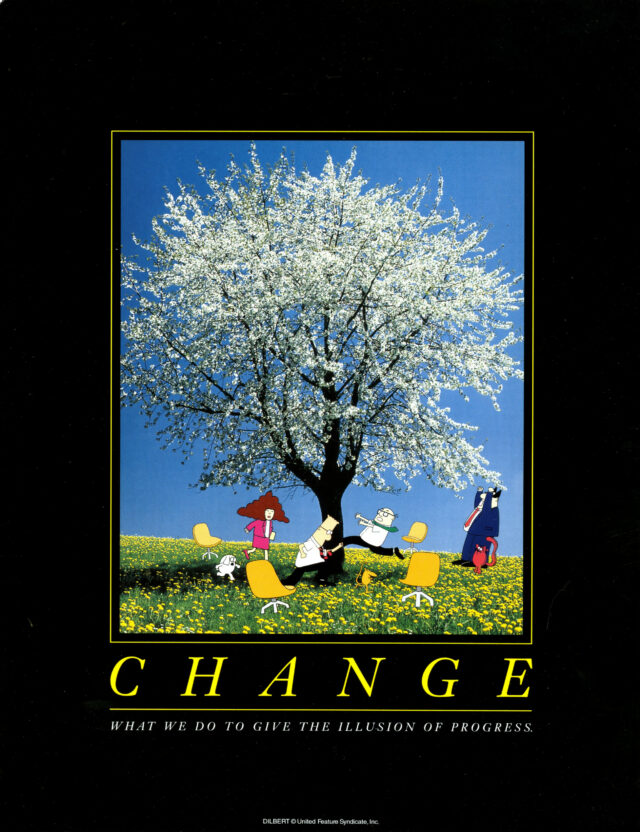
Me teaching the inventing part? I’m not sure about that, but I can definitely help with the life skills part. I don’t hate the Careers curriculum, and it overlaps a lot with the GLS (learning strategies) curriculum that is one of my mainstays in student success. We’ll see how I do offering guidance for the future.
On the whole “21” is a really interesting read with a few weird bits about science fiction and meditation thrown in. It proves to me that the pandemic is not adding new problems to society; it’s just elaborating on ones we already faced. Sadly, we’re not getting better at coming up with long-term solutions.
Next up? I may check out one of Val’s previous recommendations, “Thinking Fast and Slow” by Daniel Kahneman.
